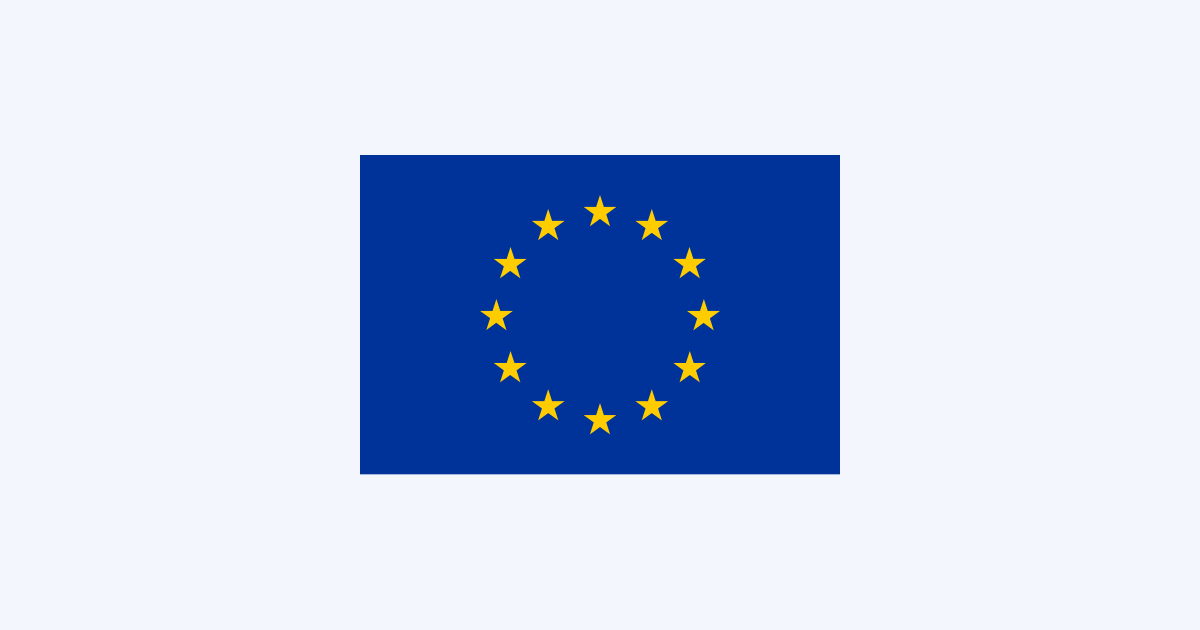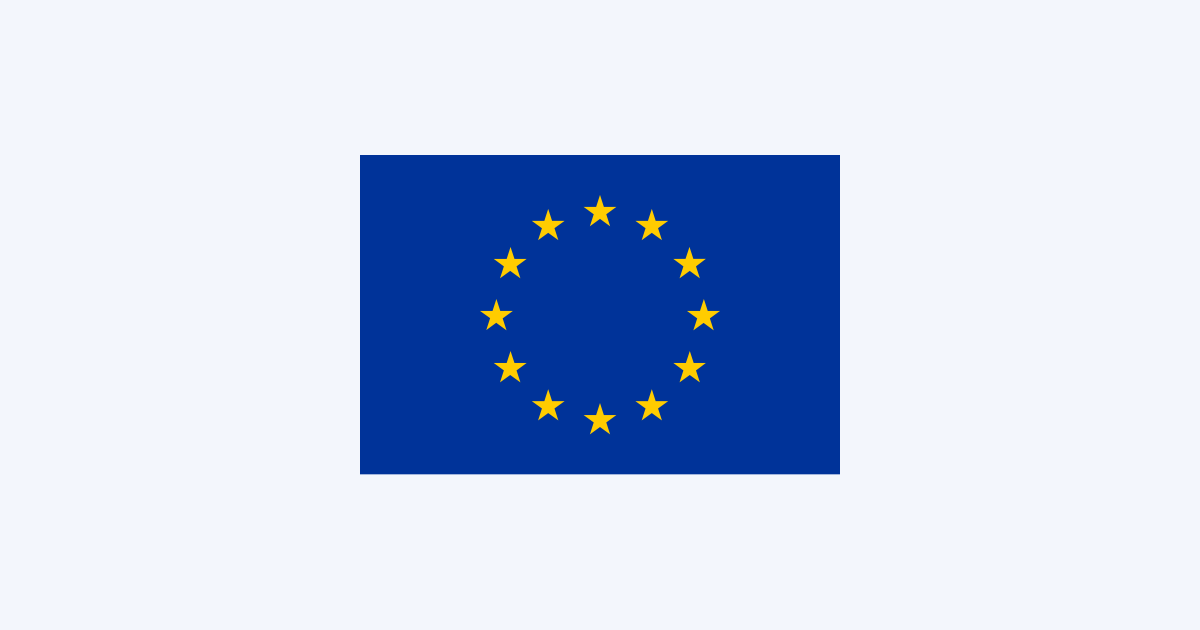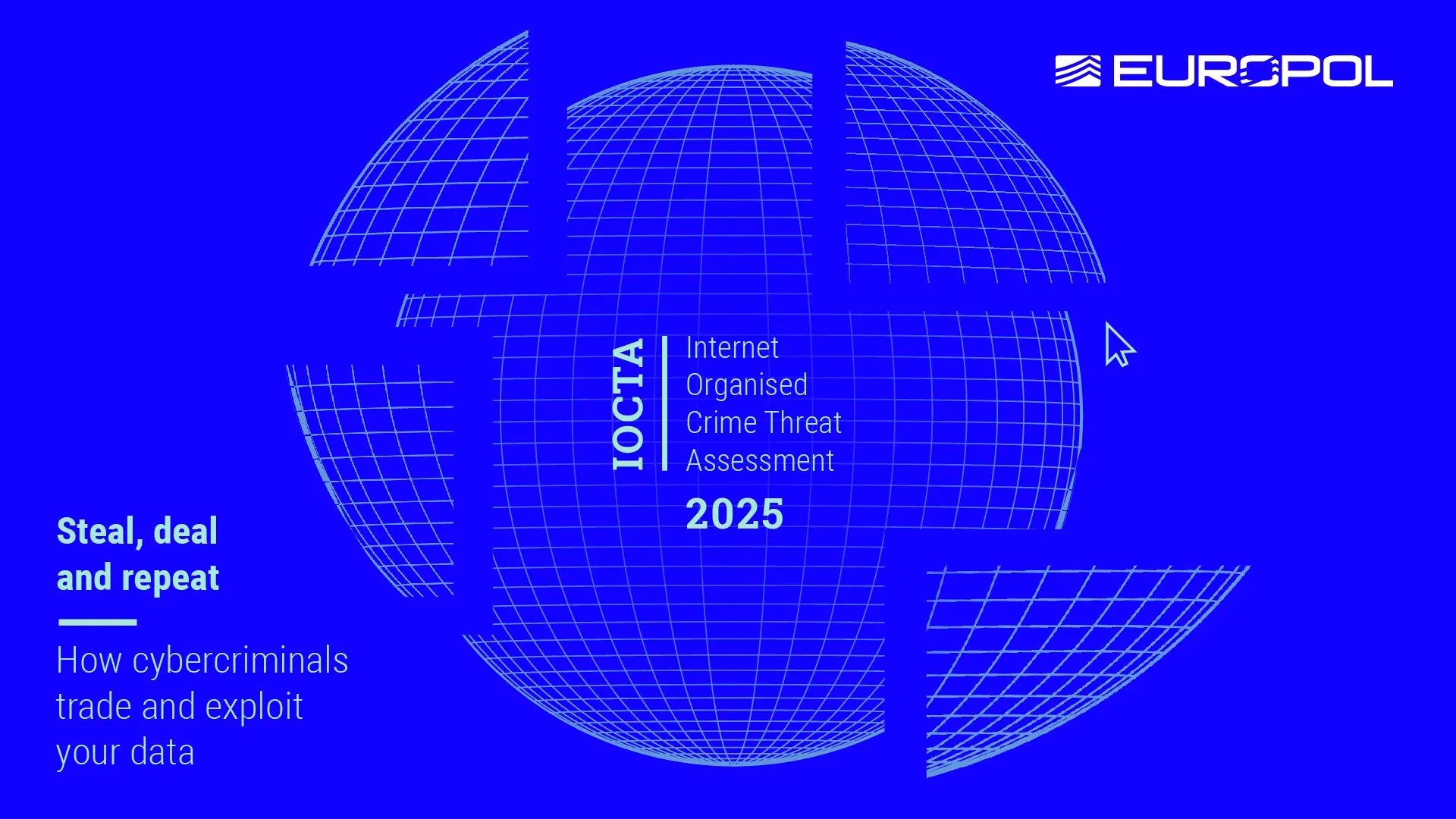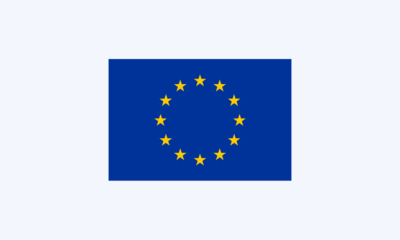Politics
World NGO Day: Statement by the EEAS Secretary General Belén Martínez Carbonell

Civil society is the beating heart of democracy, its pulse sustaining freedom and amplifying the voices of citizens. Civil society organisations build bridges where divisions threaten to take hold, fostering trust within communities and between states. Across the world, they drive progress toward more just and inclusive societies, advancing peace, sustainable development and human rights.
Yet today, this very foundation of democracy is at risk. Civil society workers and human rights defenders face online and offline attacks including surveillance, legal persecution and violent repression. Laws designed to silence dissent impose funding restrictions and bureaucratic hurdles, making it ever harder for civil society to operate. Peaceful protests are too often met with excessive force. Meanwhile, autocratic regimes increasingly expand their reach beyond borders, silencing dissenting voices through transnational repression. Time and again, civil society is unjustly labelled as foreign agents or enemies of the state as a deliberate tactic to erode trust in their work.
The European Union stands firm in its commitment to protect and support civil society everywhere. We will continue to speak out against repressive measures and deploy all diplomatic and financial tools to protect the fundamental freedoms that enable civil society to thrive – the freedom to associate, assemble peacefully and express views freely.
A resilient civil society is democracy’s strongest shield against authoritarianism. Their courage lights the way – our duty is to ensure that their voices are never silenced. On this day, we reaffirm our unwavering support for those who risk their safety to defend our rights.
Background
The EU adopted the Global Europe Civil Society Organisations (CSOs) programme worth €1.5 billion for the period 2021-2027 under NDICI-Global Europe. This initiative provides financial support to civil society organisations outside the EU.
In 2024, the EU partnered with a consortium of nine CSOs to launch the EU System for an Enabling Environment for Civil Society (EU SEE). With a budget of €50 million, the initiative will monitor and support civil society across 86 countries by implementing an early warning system, which can trigger flexible financial assistance to enhance resilience and respond swiftly to changes in the civic space.
The EU has also established nine framework partnerships to advance the freedoms of association, assembly and expression. Four projects for a total of €27 million are already underway, aiming to empower civil society to advance human rights and defend democracy, including through the protection of independent media.
The Team Europe Democracy initiative, worth €19 million, brings together 14 Member States and the EU to foster a coordinated and strategic European response in support of democracy, in cooperation with civil society, think tanks and international organisations, with an important component on fostering civic and political participation.
The EU also continues to support ProtectDefenders.eu, which has assisted over 80,000 at-risk human rights defenders and their families since its creation in 2015. This mechanism takes a comprehensive approach, offering direct assistance, temporary relocation, training, capacity development and advocacy. In 2024 alone, ProtectDefenders.eu provided support to more than 10,000 high-risk defenders, 56% of whom were women.
Fostering an enabling environment for civil society is also a key component of enlargement policy. Through the Instrument for Pre-accession Assistance (IPA III), the EU has allocated over €350 million for civil society and media in the Western Balkans and Türkiye between 2021 and 2025. Additionally, under the NDICI Thematic Programmes for Human Rights and Democracy and Civil Society Organisations, the EU has committed €200 million to civil society actors in pre-accession countries and the Eastern Neighbourhood. Furthermore, through NDICI geographic actions supporting the Eastern Neighbourhood, the EU has dedicated €250 million over the same period to support civil society and independent media.
Politics
Colombia: Joint Press Release on negotiations on a Partnership and Cooperation Agreement

DISCLAIMER OPINIONS: The opinions of the authors or reproduced in the articles are the ones of those stating them and it is their own responsibility. Should you find any incorrections you can always contact the newsdesk to seek a correction or right of replay.
DISCLAIMER TRANSLATIONS: All articles in this site are published in English. The translated versions are done through an automated process known as neural translations. If in doubt, always refer to the original article. Thank you for understanding.
DISCLAIMER PHOTOS: We mostly used photos images that are readily available online, from free sources, or from the people promoting the news. If by any chance it happens that we have used one of your copyrighted photos, please do not hesitate to contact us and we will take it down without question. We do not make profits as this is a not for profit project to give voice to the voiceless while giving them a platform to be informed also of general news, and it is completely free.
Politics
Trade: Coreper endorses the Council’s negotiating position on FDI screening revision

DISCLAIMER OPINIONS: The opinions of the authors or reproduced in the articles are the ones of those stating them and it is their own responsibility. Should you find any incorrections you can always contact the newsdesk to seek a correction or right of replay.
DISCLAIMER TRANSLATIONS: All articles in this site are published in English. The translated versions are done through an automated process known as neural translations. If in doubt, always refer to the original article. Thank you for understanding.
DISCLAIMER PHOTOS: We mostly used photos images that are readily available online, from free sources, or from the people promoting the news. If by any chance it happens that we have used one of your copyrighted photos, please do not hesitate to contact us and we will take it down without question. We do not make profits as this is a not for profit project to give voice to the voiceless while giving them a platform to be informed also of general news, and it is completely free.
Politics
Steal, Deal, Repeat: Cybercriminals cash in on your data

In its newly released 2025 Internet Organised Crime Threat Assessment (IOCTA) , Europol has issued a chilling warning: the digital underworld is no longer just about hacking into systems—it’s about profiting from stolen data. This underground economy, fueled by compromised identities, credentials, and sensitive information, powers everything from ransomware attacks to child exploitation, forming a sprawling criminal ecosystem that transcends borders and technologies.
The report, published today, underscores how cybercriminals have shifted their focus from isolated breaches to building a robust marketplace where stolen data is not merely an end goal—but a currency.
A Hidden Economy Built on Access
At the heart of this criminal enterprise lies access—access to corporate networks, personal devices, and individual identities. The IOCTA 2025 paints a stark picture of a world where nearly every aspect of our digital lives is under siege. From phishing campaigns to AI-generated deepfakes, cybercriminals are deploying increasingly sophisticated tools to infiltrate systems and harvest valuable data.
According to Edvardas Šileris, Head of Europol’s European Cybercrime Centre (EC3), “You can’t defend what you don’t understand.” He added that the latest assessment provides critical insights into the hidden mechanisms of cybercrime, equipping law enforcement, policymakers, and private sector stakeholders with the intelligence they need to respond effectively.
Generative AI Supercharges Social Engineering
One of the most alarming trends outlined in the report is the use of generative artificial intelligence , including large language models (LLMs), to enhance social engineering attacks. Criminals are now capable of crafting highly personalized scam messages tailored to victims’ cultural contexts, languages, and even personal habits. These AI-driven tactics allow fraudsters to mimic trusted entities—from bank representatives to government officials—with unnerving accuracy.
This evolution is particularly devastating in the realm of child sexual exploitation , where offenders are leveraging AI to automate grooming processes and increase the emotional manipulation of young victims. The report warns that these tools enable predators to scale their operations, making detection and prevention more challenging than ever before.
Data as Commodity: Crime-as-a-Service Thrives
Cybercrime has become accessible to virtually anyone willing to pay. The rise of Crime-as-a-Service (CaaS) platforms means that even those without technical expertise can purchase stolen data, rent out botnets, or follow step-by-step guides to execute complex fraud schemes. Marketplaces operating on dark web forums, encrypted messaging apps, and subscription-based services offer bulk sales of login credentials, compromised corporate systems, and even remote access to hacked infrastructure.
“Data is no longer just the target—it’s a commodity,” the report states. Every breach, leak, or phishing success feeds into a cycle where data is harvested, repackaged, and resold across layers of the criminal supply chain.
Extortion, Identity Theft, and Exploitation
Beyond financial fraud, stolen data is being weaponized for extortion, identity theft, and abuse , often targeting the most vulnerable members of society. Ransomware groups continue to exploit known software vulnerabilities and manipulate human behavior through psychological pressure and fear-based tactics. One emerging technique involves mimicking common error messages and CAPTCHA boxes—a tactic dubbed “ClickFix”—to trick users into installing malware themselves.
Meanwhile, the growing reliance on end-to-end encryption (E2EE) poses a significant challenge for law enforcement. While essential for protecting user privacy, E2EE apps like WhatsApp, Signal, and Telegram are increasingly abused by criminals to coordinate illegal activity, exchange stolen data, and evade surveillance. Europol notes that encrypted communications are now a primary channel for organizing cybercrime, with investigators facing near-total opacity into these operations.
Recommendations: A Call for Coordinated Action
To combat these evolving threats, Europol calls for a coordinated response at the EU level. Key recommendations include:
- Lawful access solutions for encrypted communications that balance security and privacy concerns.
- Harmonized data retention rules across member states to ensure consistent collection and availability of digital evidence.
- Digital literacy initiatives , especially targeted at children and teenagers, to help them recognize and resist online manipulation.
The report emphasizes that while technology evolves rapidly, many of the vulnerabilities exploited by cybercriminals are long-standing. Human factors—such as poor password hygiene, unpatched software, and susceptibility to social engineering—remain central to many successful attacks.
Behind the Report: Operational Insights from the Frontlines
The IOCTA 2025 draws on thousands of investigations supported by Europol annually, particularly through its European Cybercrime Centre (EC3) and Economic and Financial Crime Centre (EFECC) . Contributions from national police forces and private sector partners provide a comprehensive view of the current threat landscape.
It builds upon the broader EU Serious and Organised Crime Threat Assessment (SOCTA) , reinforcing the message that in today’s digital age, data is power—and everyone’s data is at risk.
Final Thoughts: A Race Against Time
As cybercriminals grow more organized, technologically advanced, and profit-driven, the stakes for cybersecurity have never been higher. The IOCTA 2025 serves not only as a diagnostic tool but also as a rallying cry for unity among governments, tech companies, educators, and citizens.
In the words of Šileris: “We must move faster than the threat. Understanding it is the first step.”
And as this report makes clear, the time to act is now.
Europol’s 2025 Internet Organised Crime Threat Assessment (IOCTA), published today, reveals how stolen data fuels the digital underworld, powering a criminal ecosystem that spans from online fraud and ransomware to child exploitation and extortion. The report paints a stark picture of a cybercrime economy built on access—access to your systems, your identity, and your most sensitive information.The Head of Europol’s…
Source link
-

 Sports7 days ago
Sports7 days agoMarc Marquez wants to make no more mistakes and heralds news
-
Travel6 days ago
Norway to introduce tourist tax amid record visitor numbers and overtourism concerns
-

 Politics5 days ago
Politics5 days agoGalician healthcare system receives nearly €510 million in EU support for its modernisation
-
Travel7 days ago
Wildfire warnings issued in the Canary Islands as millions prepare to holiday there
-

 Politics5 days ago
Politics5 days agoNew plan will help EU countries tackle cyber-attacks better
-

 Politics4 days ago
Politics4 days agoEl Salvador: Statement by the Spokesperson on the Foreign Agents Law and recent developments
-

 Sports7 days ago
Sports7 days agoMarc Marquez no longer wants to make mistakes and heralds change
-

 EU & the World5 days ago
EU & the World5 days agoNovak Djokovic’s Wife: All About His Romance With Jelena Djokovic









